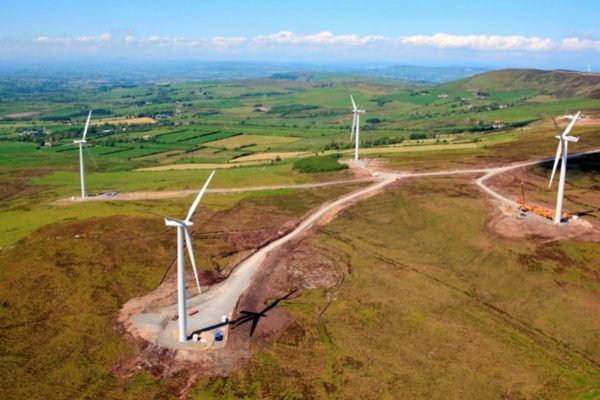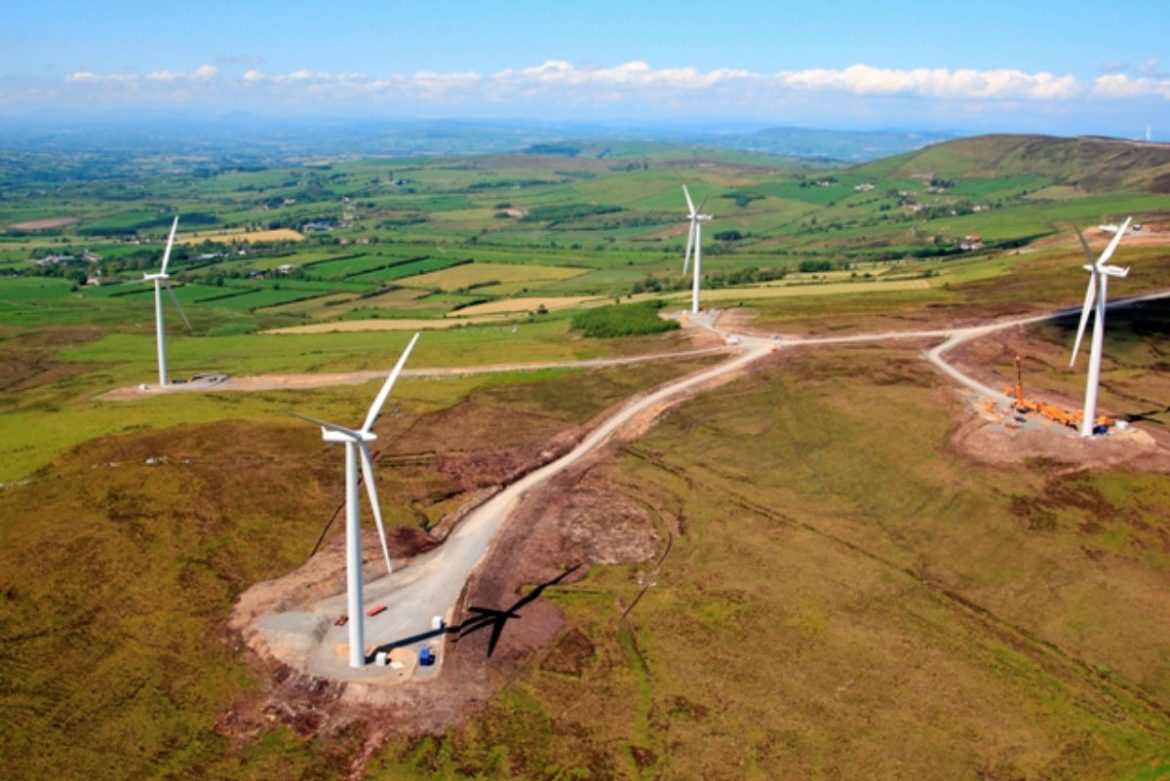 THE North of Ireland’s first ever climate bill will reach an important milestone on Monday as MLAs decide if it should progress.
THE North of Ireland’s first ever climate bill will reach an important milestone on Monday as MLAs decide if it should progress.
The legislation is backed by the main parties in the Stormont Assembly, except the DUP.
The bill would commit the North of Ireland to reaching net zero emissions by 2045.
However, Agriculture Minister Edwin Poots and farming leaders oppose it, claiming the bill goes too far, too fast.
They believe it will have a detrimental impact on the agri-food industry.
Agriculture is the sector which gives off most greenhouse gases in the North of Ireland.
It accounts for 27% of emissions, mostly methane from livestock.
Other big emitting sectors are transport, power, industry and domestic heat.
The climate bill provides a framework for targets but not specific reductions for individual sectors.
They would follow later under departmental plans.
Mr Poots is working up an alternative bill which would include an emissions reduction of at least 82% by 2050.
This is in line with the recommendation of an independent advisory body to government on climate.
The committee on climate change said on its current analysis there was “no credible pathway” for the North of Ireland to reach net zero greenhouse gas emissions by 2050.
It found the 82% reduction would be a fair contribution to the wider UK target.
It said there was no technical reason the net zero target could not be achieved in Northern Ireland, but it would require a greater than 50% reduction in meat and dairy output.
At the weekend, Mr Poots said draft policy proposals for his bill had been submitted to the Executive for approval in March, but had not yet made it onto the agenda.
Green Party leader Claire Bailey, the lead sponsor of the climate bill to be debated on Monday, described it as “ground-breaking”.
It was drafted by a coalition of academics, lawyers and environmentalists.
“Climate inaction is not an option,” she said.
“The Climate Bill for Northern Ireland opens up the possibility for a fair and just transition to a low carbon and sustainable economy and society which leaves no one behind.”
 Ms Bailey told MLAs recently that the bill was not a threat to farming, that other sectors which were ready to move quicker could do the “heavy lifting” and that agriculture could have a more “gradual transition”.
Ms Bailey told MLAs recently that the bill was not a threat to farming, that other sectors which were ready to move quicker could do the “heavy lifting” and that agriculture could have a more “gradual transition”.
But farmers’ leaders have called for their members to lobby politicians against the bill.
Ulster Farmers’ Union deputy president David Brown said the body had explained its potential impact to MLAs, but they had continued to support it.
He said: “Climate change legislation is required in NI, but we need a framework that is backed up with expert advice and allows local farmers to continue to feed the nation while reducing emissions on farm without drastic livestock reductions.”
Tags:





